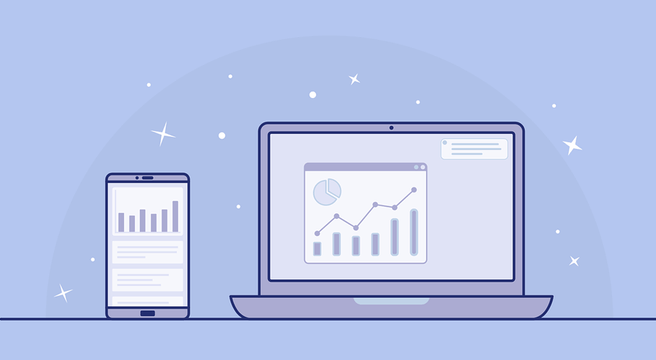If you work from an office, it’s important to set up admin systems that allow you the time and freedom to get on with your main job – running the business – efficiently.
Here’s our overview of how to manage office admin tasks.
Buying hardware and software
The following hardware is essential for most offices:
- computers – desktops, laptops, tablet computers or a combination of these
- computer accessories – monitors, keyboards, mice and other peripherals
- network equipment to access the internet – a router, firewall and cables
- for larger offices, a server
Depending on your business, you will also need some or all of the following software:
- an office suite – to allow you to write documents and make spreadsheets
- internet software – for using email and browsing the web
- customer relationship management solutions
- accountancy software
- project management software
- specialist software for your business or industry
- software to simplify admin – for example, timesheets and expenses
Software can either be installed on your computer or accessed through the internet (cloud computing). It is usually licensed, although some free (open-source) software can be found.
When investing in office hardware and software, think about your current and future needs – and get advice if you can. There’s no point spending out on over-powered hardware and software with functions you don’t need. However, you also don’t want to buy cheap or poorly-functioning equipment that won’t do the job it’s intended for, will reduce efficiency or will need replacing too soon.
If you plan to take on more staff in future, or to expand into different areas, make sure you can easily extend your current systems to take this into account.
Don’t forget that staff may need training on unfamiliar systems.
Buying office supplies and consumables
Other supplies you might need when setting up an office include:
- workstation furniture – including desks and chairs
- other office furniture such as shelving and filing
- other desk supplies – eg in-trays, lamps
- notebooks and pens
- paper, ink and toner
- other basic office consumables such as envelopes, binders, labels, paperclips and sticky notes
Many suppliers can handle regular deliveries of office consumables for you, and may offer a discount for bulk or regular orders.
Printing
For normal internal printing, you’ll need to invest in an office printer. These range from very affordable models, designed for light home use, to industrial machines that can handle large print quantities. Some come with extra functionality such as photocopying, scanning and pdf creation built in.
If your printing needs are more complex – for example, sales displays and marketing brochures – you should employ an outside print shop to do the work. They’ll be able to handle binding, paper finishes and specialist effects such as embossing, for a professional effect.
Your designer will need to supply high-resolution files in the right format and with the right specifications (such as bleed and crop marks). The print shop can advise you on what they need.
This article is provided only for general informational and educational purposes. It is not offered as and does not constitute legal or other professional advice on the subject matter in question. You should not act or rely on information contained in this website without first seeking professional advice on the subject matter in question.





